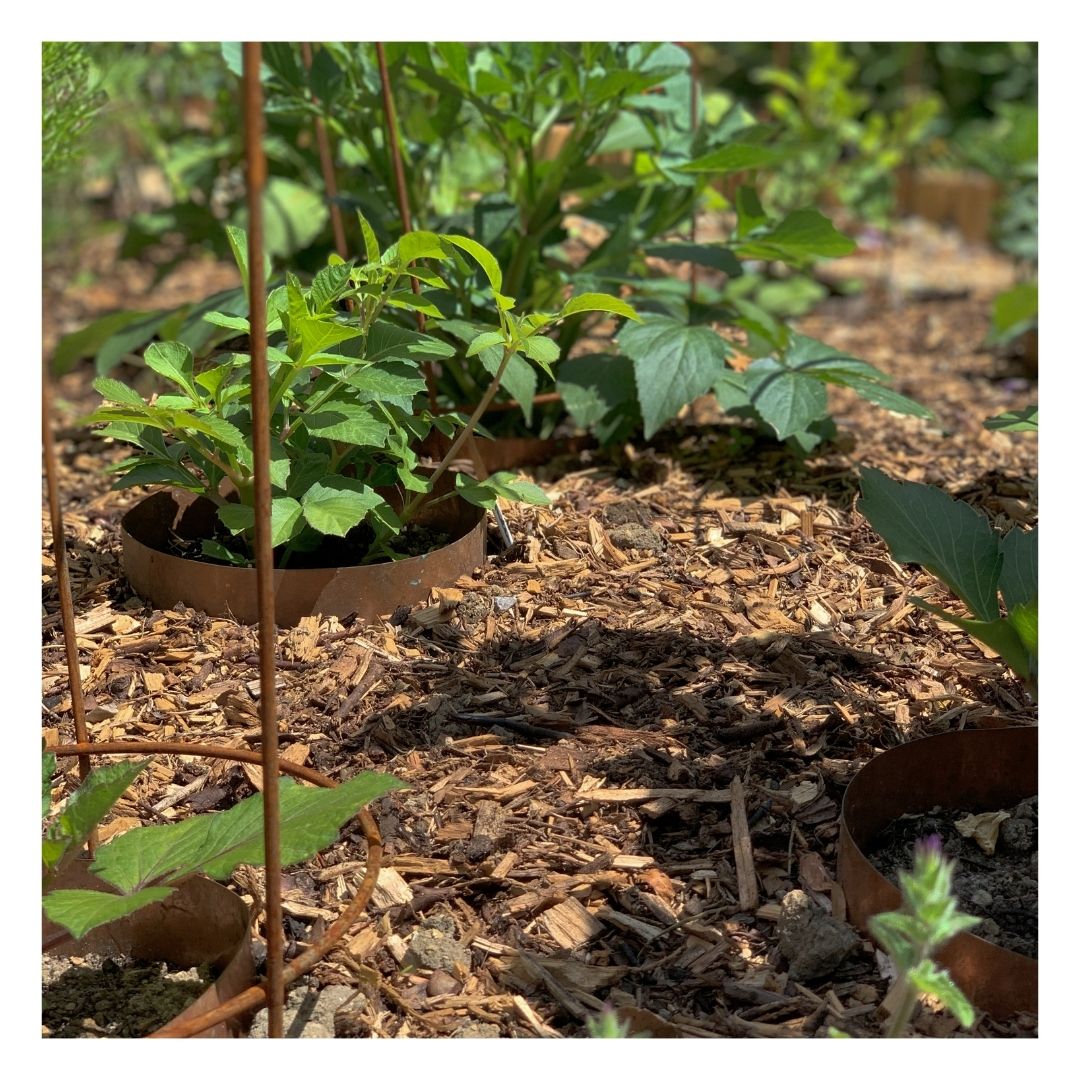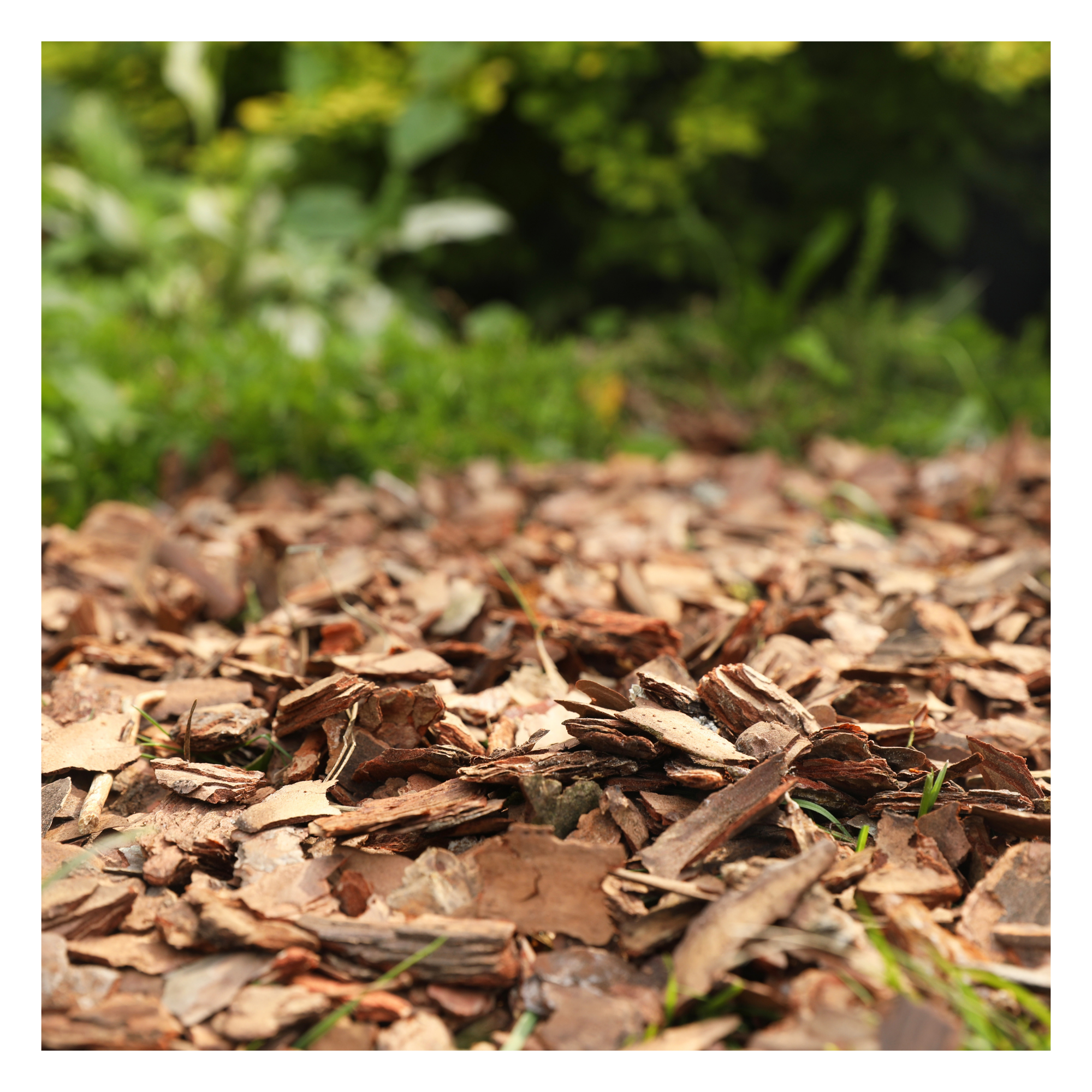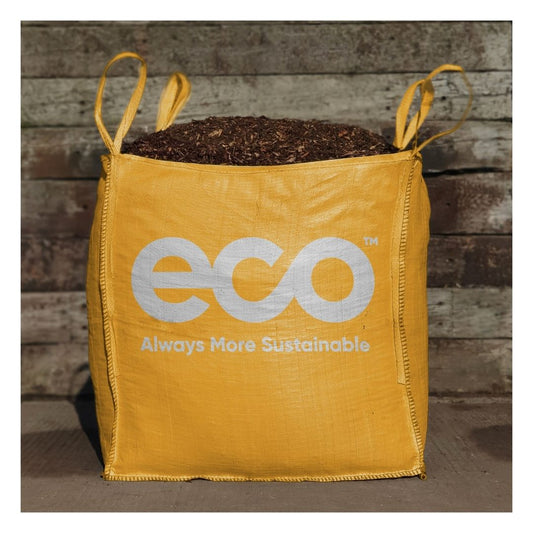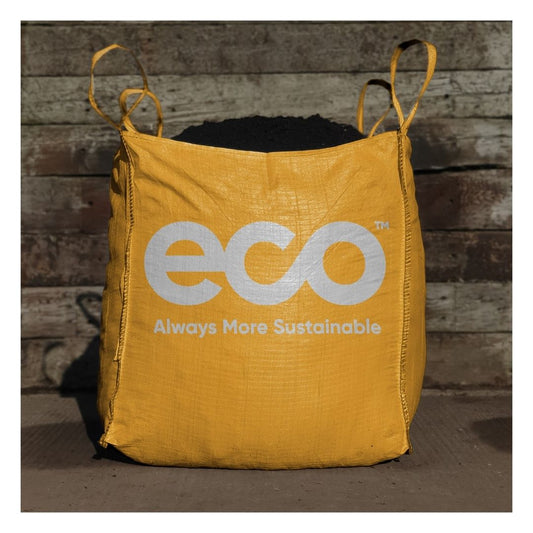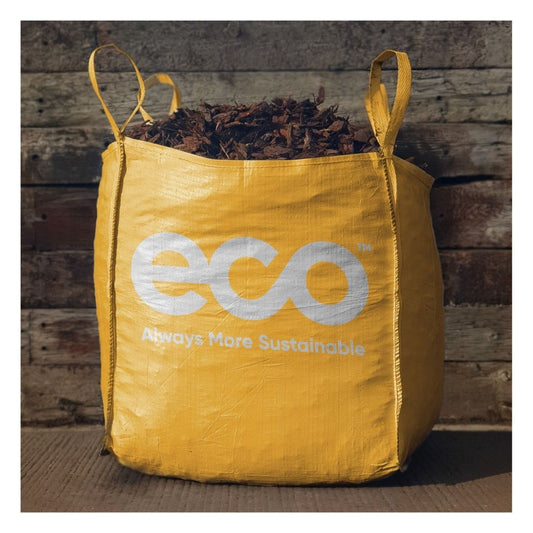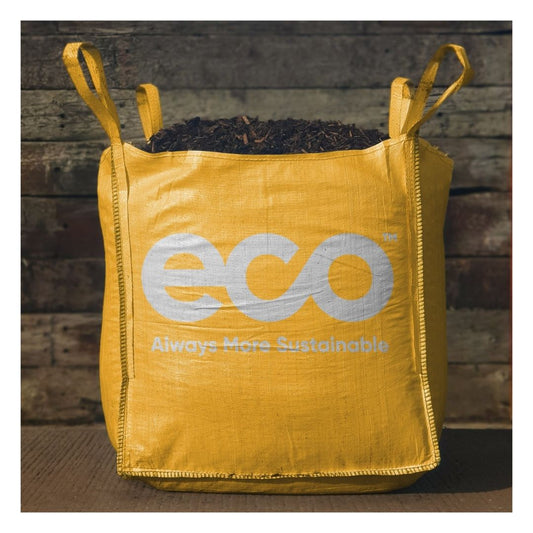Understanding Raised Beds: Cultivating Success in Your Garden
Unleashing the Advantages:
Raised beds offer a plethora of benefits for gardeners, including:
- Enhanced drainage: Improved soil drainage means healthier roots and less risk of waterlogging.
- Superior soil quality: Choose the right soil mix to provide optimal nutrients and structure for your plants.
- Easier access: Planting, maintenance, and harvesting become more comfortable and convenient.
- Ideal for challenging soil: Overcome poor native soil by creating your own fertile haven.
- Organised garden space: Design and compartmentalise your garden with ease.
Selecting the Perfect Soil Mix:
The heart of any thriving raised bed lies in the soil. Choose between Topsoil and Topsoil Coarse based on your needs:- Topsoil: Finely textured and rich in organic matter, this option is ideal for most vegetables and flowers. Its steady nutrient supply promotes vigorous growth and healthy roots.
- Topsoil Coarse: With its slightly larger particles, this choice offers better drainage, perfect for drier-loving plants or areas with high rainfall.
Boosting Nutrition with Eco Organic Soil Improver:
This nutrient-rich amendment complements your base soil by providing a balanced mix of essential elements:
- Strong plant establishment: Encourages healthy growth from the outset.
- Balanced root and shoot development: Supports both systems for optimal plant health.
- Sustained nutrient access: Delivers essential nutrients throughout the growing cycle.
Incorporate Eco Organic Soil Improver into the top layer or mix it with your base soil for significantly enhanced plant health and productivity, especially for nutrient-demanding crops.
The Power of Mulch:
Adding a layer of mulch unlocks various advantages:
- Insulation: Protects plant roots from extreme temperature fluctuations, especially valuable during winter.
- Weed suppression: Hinders weed germination and growth, minimising competition for water and nutrients.
- Moisture retention: Reduces evaporation, keeping your plants hydrated, particularly during dry periods.
- Pest deterrence: Certain mulches act as physical barriers or emit repelling scents to deter pests.
Additional Considerations:
- Layering: Optimise plant growth by creating layers of different materials. Start with coarse materials for drainage, followed by your soil mix, and top with Eco Mix and mulch.
- Soil testing: Ensure optimal growing conditions by checking your soil mix's pH and nutrient levels before planting.
- Watering: Raised beds may dry out faster than ground-level beds. Implement consistent watering, consider drip irrigation or soaker hoses.
By carefully selecting and combining these components, you can create a highly productive and sustainable raised bed garden. Remember, quality and composition of your fill materials are key to a successful gardening season, whether you're growing vegetables, flowers, or a beautiful blend of both.
Shop Eco Mulch & Bark
-
Eco Woodland Garden Mulch
Regular price £126.95 GBPRegular priceUnit price per -
Eco Mulch: Soil Improving Mulch
Regular price £121.95 GBPRegular priceUnit price per -
Eco Bark Nuggets
Regular price £196.95 GBPRegular priceUnit price per -
Eco Amenity Bark Mulch
Regular price £136.95 GBPRegular priceUnit price per
